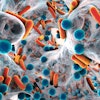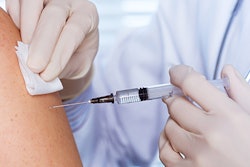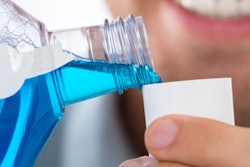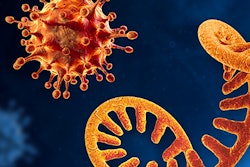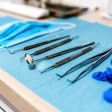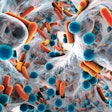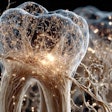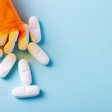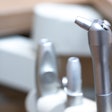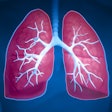Dear DrBicuspid Member,
Are you in need of some lighthearted news? Our top story of the week is a profile of a father-son duo who designed a face shield specifically to meet the needs of dentists.
When practices first reopened, Dr. Scott Yamaoka grew frustrated that face shields didn't have enough clearance for his dental loupes. So he took to his garage and created a prototype with a safety helmet, magnets, and acetate plastic.
The project moved to the next level when Scott's engineer son, Zach Yamaoka, got involved. The dynamic duo has since sold hundreds of face shields in their native country of Canada, and the shield recently received emergency use authorization in the U.S.
Overlooked dental trauma
In other news, approximately 90% of dental injuries in trauma patients who undergo whole-body computed tomography (CT) scans are not described on initial radiology reports, according to a study from Europe.
In the study of nearly 1,000 CT scans, only 15 dental injuries were noted in the initial radiology report. Radiologists missed crucial findings, including dislodged teeth, fractured crowns, root fractures, extrusions, and intrusions.
Novel coronavirus in mouth cells
Research published on March 25 found the novel coronavirus can infect cells in the mouth. The findings raise the possibility that saliva plays a major role in transmitting SARS-CoV-2. The mechanism could also help explain why COVID-19 patients experience oral symptoms such as loss of taste, the authors noted.
The new study makes it all the more pressing to find ways to prevent the transmission of COVID-19, and a team of researchers from Rutgers University believes mouthwashes could be part of the solution. In a recent in vivo study, the team found that Listerine Original and chlorhexidine gluconate both disrupted SARS-CoV-2's viral activity. The mouth rinses also worked rapidly with little effect on oral tissues.
New fluoride tech
Last but not least, the U.S. Centers for Disease Control and Prevention (CDC) announced the creation of a new fluoride delivery system that could give 19 million people access to optimally fluoridated water for the first time. The technology was funded with CDC grants and will have the biggest effect in small, often rural communities that have a harder time accessing dental care.


